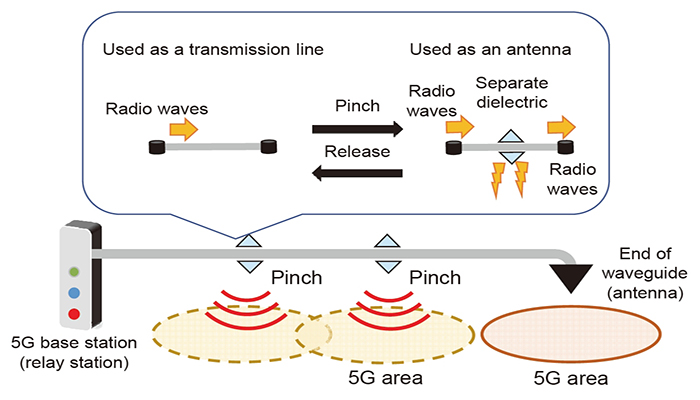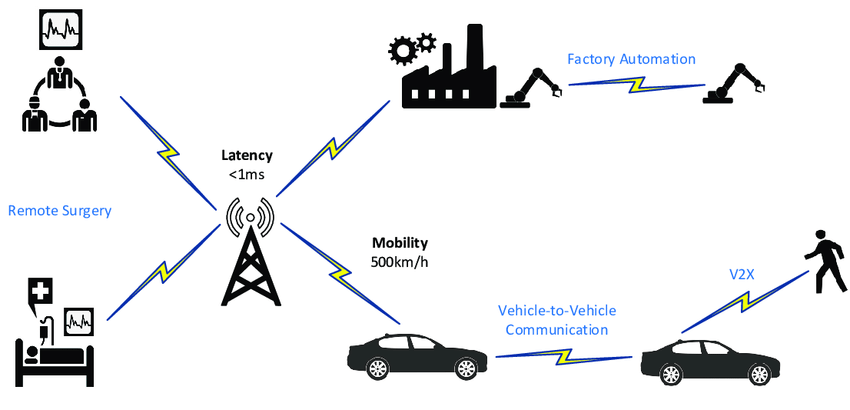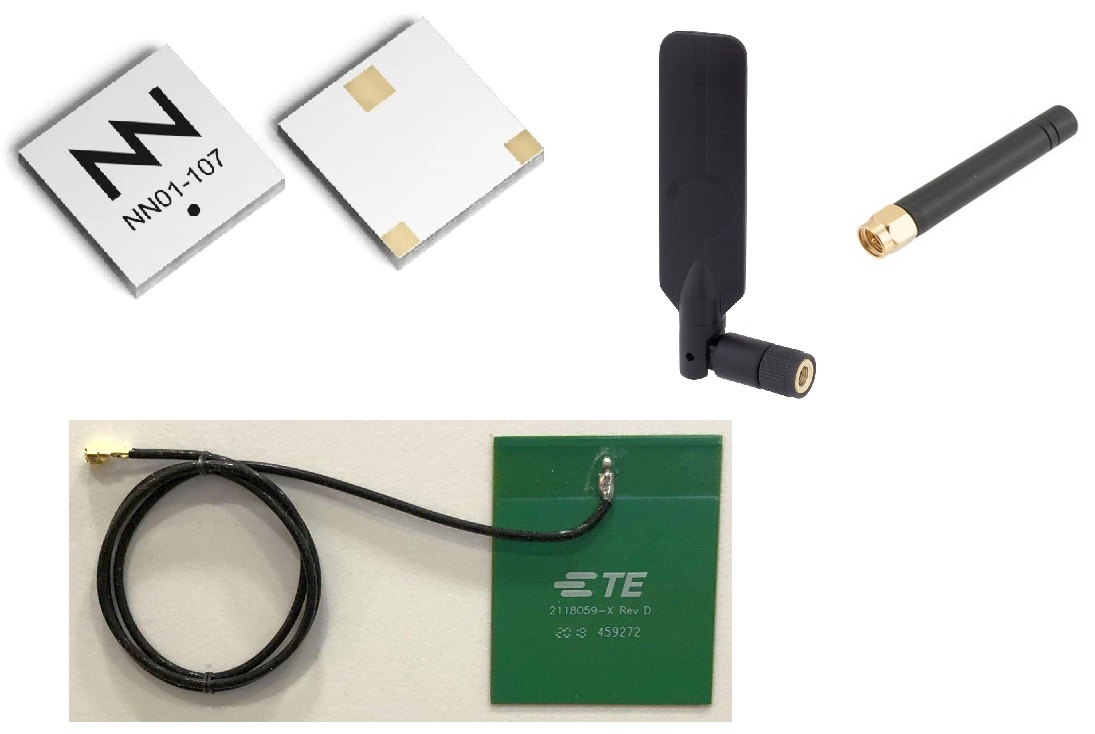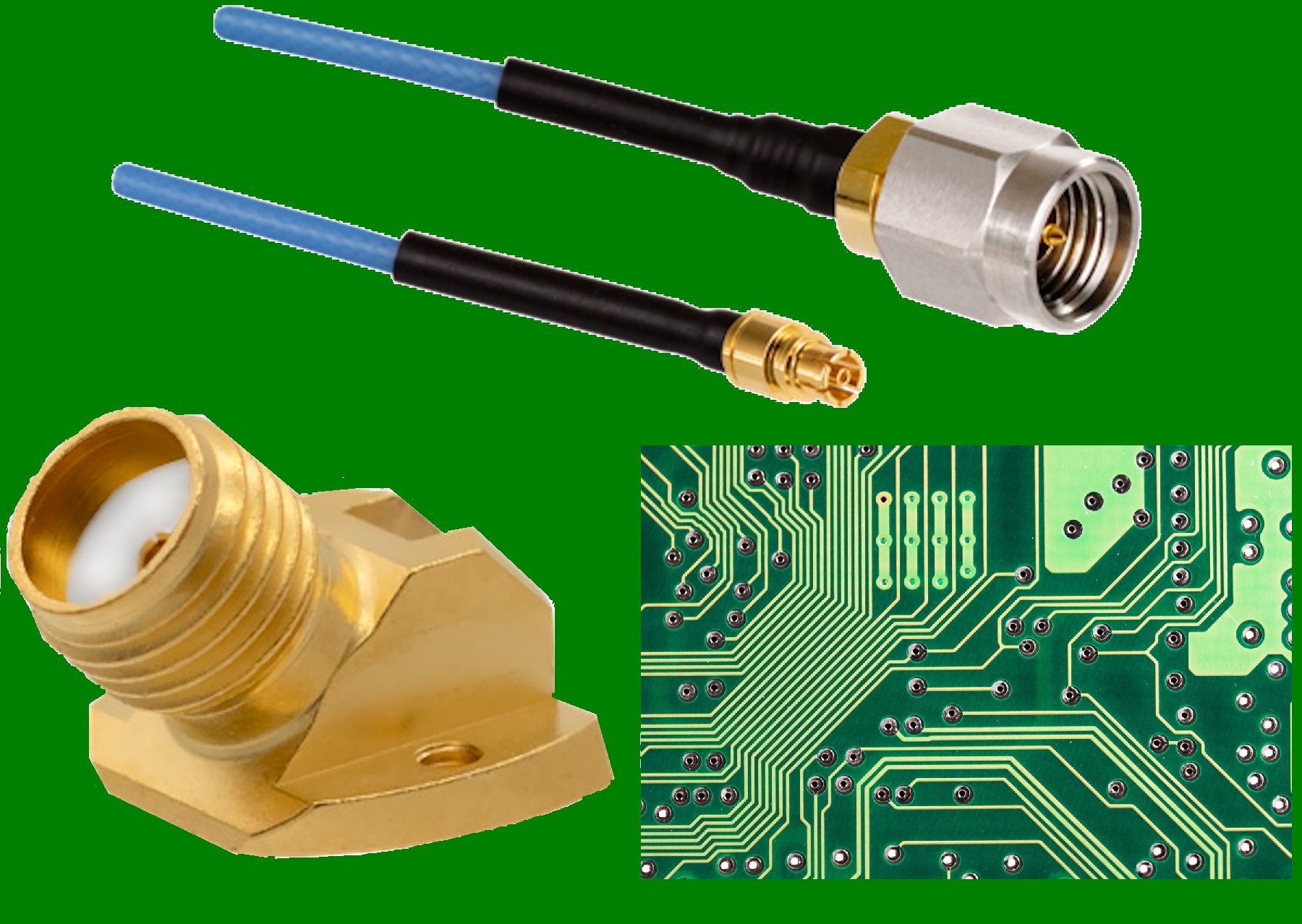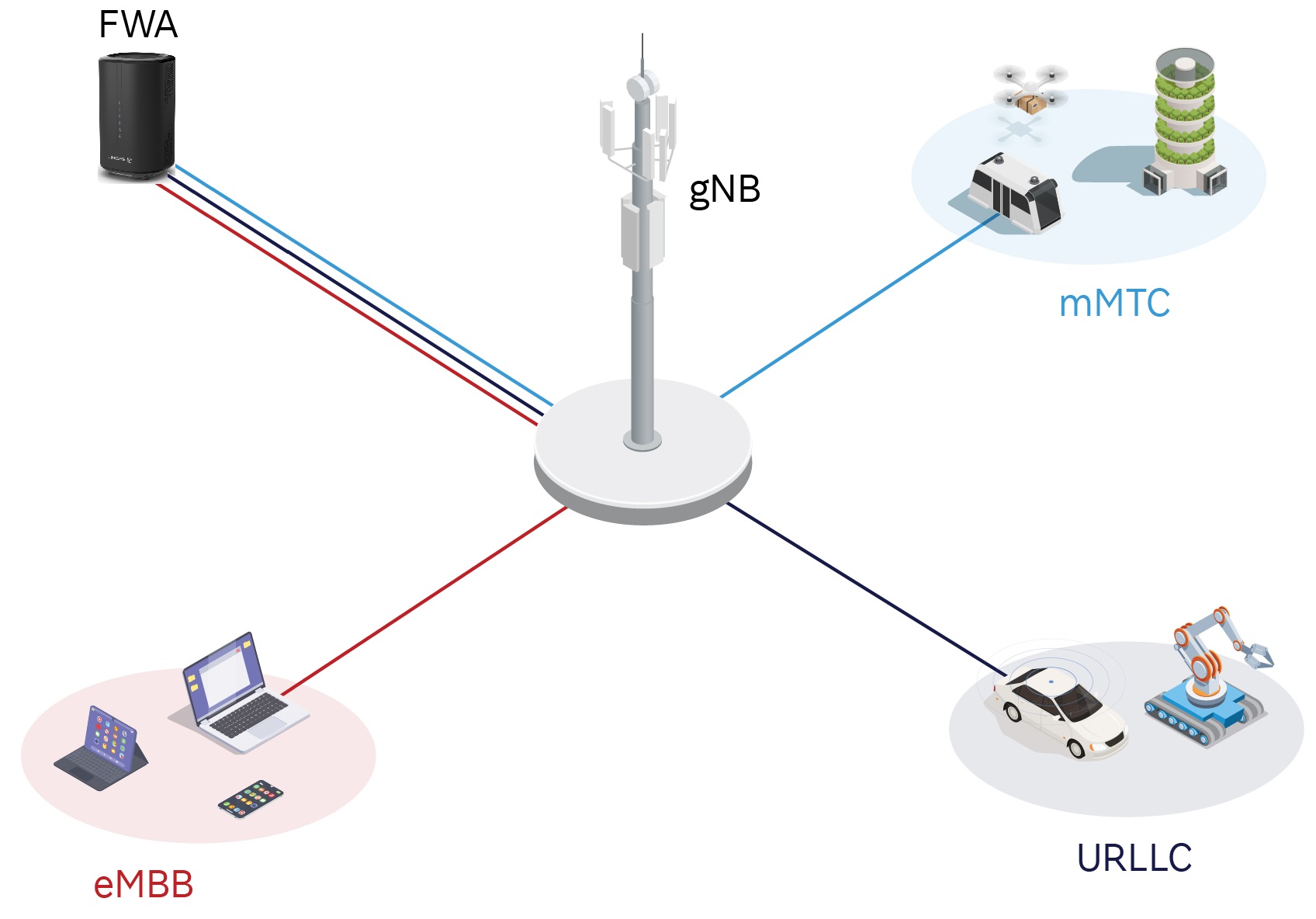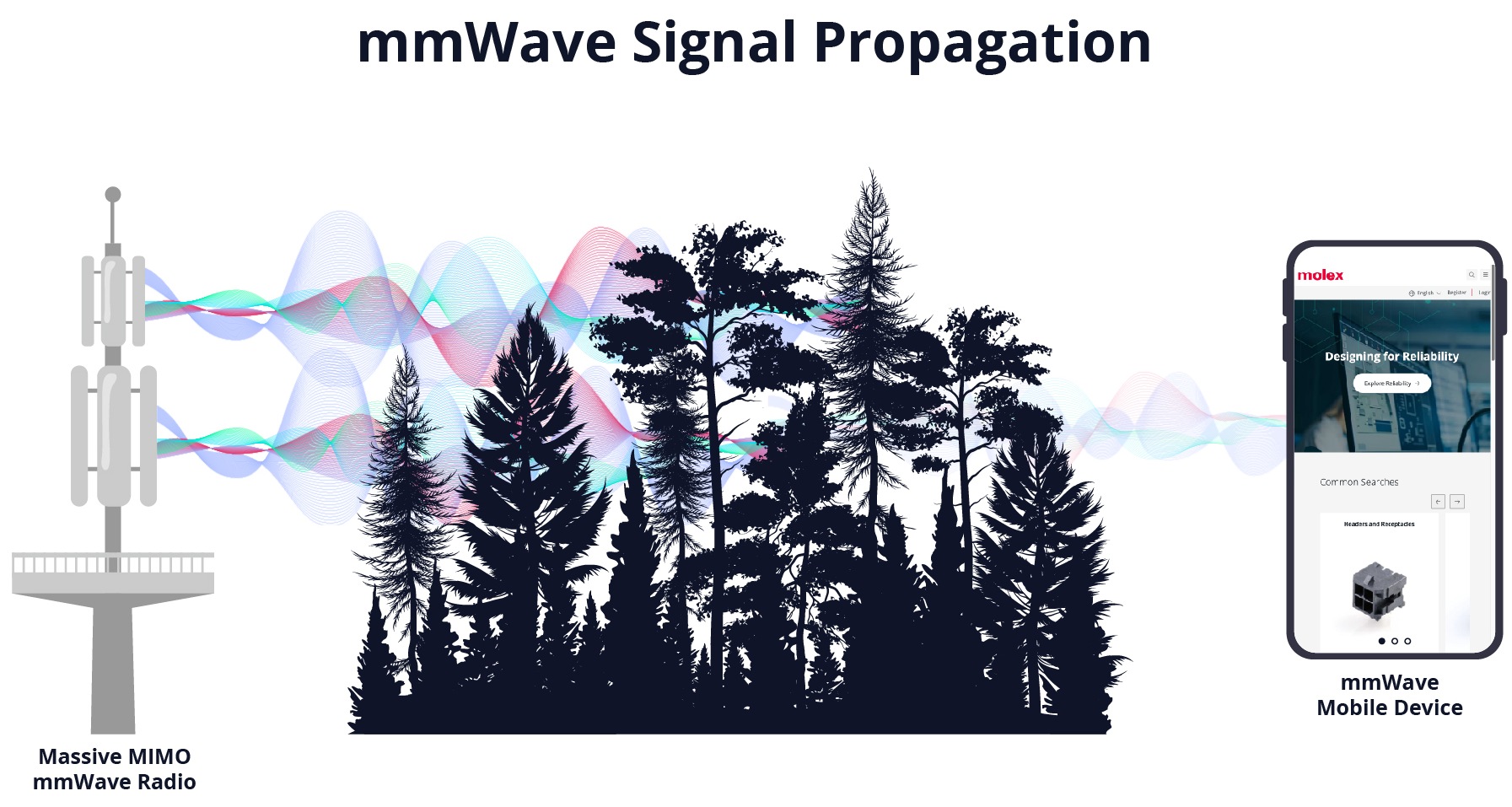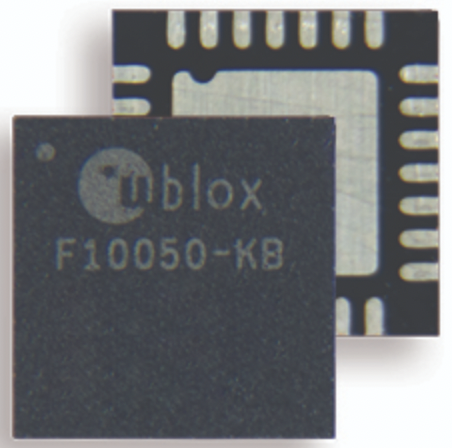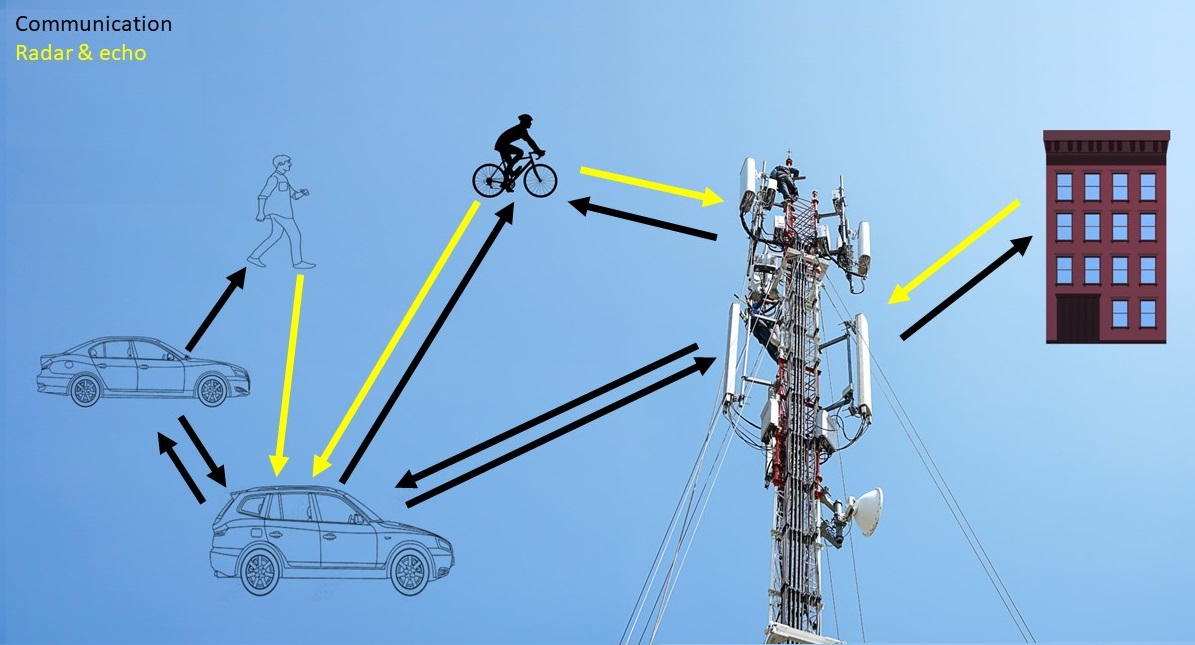5G base stations rely on phased arrays to steer signals and increase data rates. Beam steering circuits, however, consume power. Using waveguides could reduce energy consumption in base stations. Waveguides are physical structures that direct electromagnetic waves from one point to another, confining energy within specific boundaries to control propagation, direction, and mode. While waveguide…
What are 5G’s, the different types, and how are they used?
5G is much more than cell phones. IoT devices, medical devices, and industrial devices can connect to networks using technologies such as TDD, network slicing, and beamforming. 5G New Radio (NR) made its long-awaited commercial debut in late 2018. Offering significantly faster speeds and greater capacity compared to 4G Long Term Evolution (LTE), 5G NR…
How to select an IoT device antenna
When designing wireless connectivity into IoT devices, you have several options for antennas. You can design one right into a PCB, but several commercial options take the work out of designing your own.
How mmWaves affect cables, connectors, and PCB traces
Millimeter-wave signals used in 5G networks provide wide bandwidth and high data rates. Signal losses, both over the air and through interconnects, bring design challenges.
How do 5G eMBB and FWA data services compare?
Fixed-wireless access is a special use case of enhanced mobile broadband, one of the three use cases specified for 5G. FWA brings different challenges for deployment than eMBB.
Antennas bring 5G, GNSS to IoT devices
Quectel Wireless Solutions has made further additions to its comprehensive range of antennas for IoT devices and deployments. The latest launches include the YEMN016AA and YEMN017AA 5G 5-in-1 combination antennas, the YECN001J1A and YECT000WBA external 5G antennas, and the YEGB000Q1A and YEGN000Q1A active GNSS L1 and L5 antennas. The YEMN016AA is a 5G and global navigation satellite systems (GNSS) 5-in-1 antenna measuring 204.4mm x 86.7mm x…
mmWaves bring interconnect challenges to 5G and 6G
Signals in the mmWave range require extra care and more expensive components than at sub-6 GHz frequencies.
Front-end mmWave IC combines PA, LNA, and switch
mmTron announced its first single-chip front-end IC for mmWave communications. Covering 24 to 30 GHz, the TMC252 integrates a power amplifier (PA), low noise amplifier (LNA), and transmit-receive switch on a single GaN IC that is available as a die or packaged in a 5 mm x 5 mm air-cavity QFN. The TMC252 is well-suited…
Dual-band positioning IC boosts accuracy in urban areas
u-blox has announced F10, the company’s first dual-band GNSS (Global Navigation Satellite Systems) platform combining L1 and L5 bands to offer enhanced multipath resistance and meter-level positioning accuracy. The platform caters to urban mobility applications, such as aftermarket telematics and micromobility. Applications that use GNSS receivers for accurate positioning are on the rise. Yet, current…
6G could add sensing to cellular networks
Integrated communications and sensing at mmWave and sub-THz frequencies could add location detection that helps avoid accidents among pedestrians, bicycles, and vehicles.

